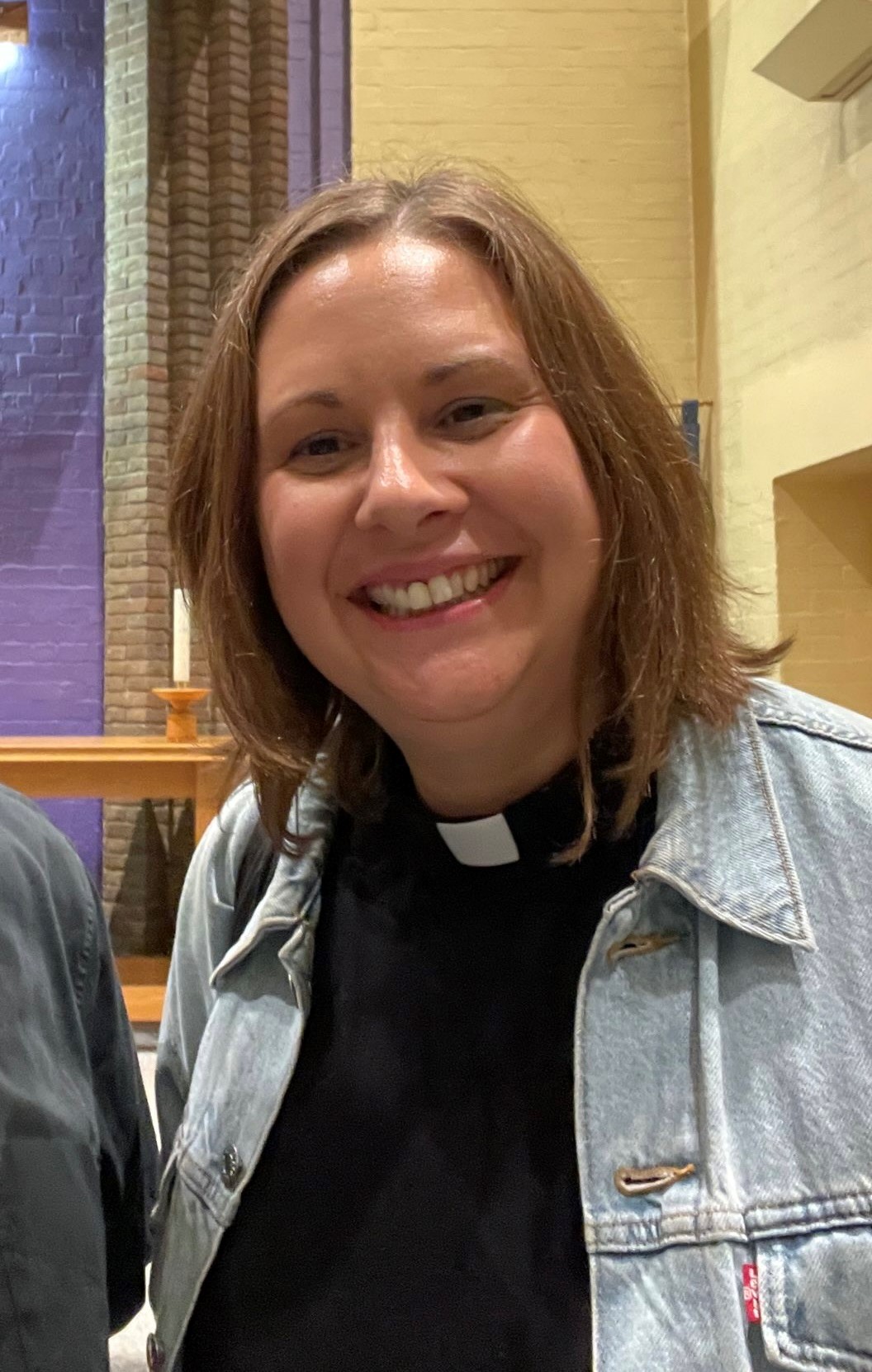Rev Jo Haine, Rural Dean of Weymouth and Portland, shares her reflections on the now empty Bibby Stockholm, after months of ministering to the men on board
 Last week, the last of the men were moved off the Bibby Stockholm barge and it is now empty. The floating vessel that only a few weeks ago was filled with so much life, now waits silently for the New Year when it will sail away from Portland Harbour. As I reflect back on the past 18 months my emotions are so very mixed. Hearing the news that Portland Harbour was going to be the home to a ship full of asylum seekers was a shock to us all. Was this really the answer to the ‘asylum issue’? How would Weymouth and Portland cope with 500 extra people, surely these men would have lives complicated by trauma and needs beyond the capacity of local resources. There is already so much need here, surely this was too much.
Last week, the last of the men were moved off the Bibby Stockholm barge and it is now empty. The floating vessel that only a few weeks ago was filled with so much life, now waits silently for the New Year when it will sail away from Portland Harbour. As I reflect back on the past 18 months my emotions are so very mixed. Hearing the news that Portland Harbour was going to be the home to a ship full of asylum seekers was a shock to us all. Was this really the answer to the ‘asylum issue’? How would Weymouth and Portland cope with 500 extra people, surely these men would have lives complicated by trauma and needs beyond the capacity of local resources. There is already so much need here, surely this was too much.
The Bibby was a political hot potato from day one, before it had even set down anchor, National media coverage became the norm. From the legionella outbreak, the tragic news of the death of Leonard Farruku an Albanian migrant, to the final men leaving last week, nothing about the Bibby seemed to happen quietly. And yet, it was the things that did happen quietly that tell the most beautiful story. The stories of hope and hospitality; the meals shared, kindness given, hope restored. The coming together of a community, where individuals, churches and charities all working in partnership with Dorset Council & the Home Office, came together to respond to the needs of the vulnerable and marginalised, the stranger among us.
Hospitality to the stranger is a theme that runs throughout the Bible. In the Old Testament in Leviticus 19:34 we read that the Israelites were not only commanded to not ill-treat any foreigner living among them but more than that, they were commanded to treat them as they would a fellow Israelite. For in doing so they would reflect God’s love for all people. It is easy to read the news and listen to the political debates and lose sight of the fact that these debates are about people. Yes, maybe, many people, but the ‘asylum issue’ is made up of individual people, each one a with a story to be told, each one a person created in the image of God. As we journey through Advent and prepare our hearts and minds to meet Jesus this Christmas, many nativity productions across the Diocese will remind us that when Jesus come to dwell among us, there was no room for him in the inn. He entered the world as a stranger needing hospitality and welcome. Later in his ministry he went on to identify himself with the outsider when he tells his followers, ‘I was a stranger and you invited me in’ (Matthew 25:35). The call to hospitality is not an optional extra, if the circumstances fit with our personal agenda, instead the call to hospitality is a way to encounter Christ himself. In serving the stranger, the foreigner, the asylum seeker, we have the opportunity to serve Jesus himself, we have the opportunity to make Jesus Christ known so that all may flourish.



